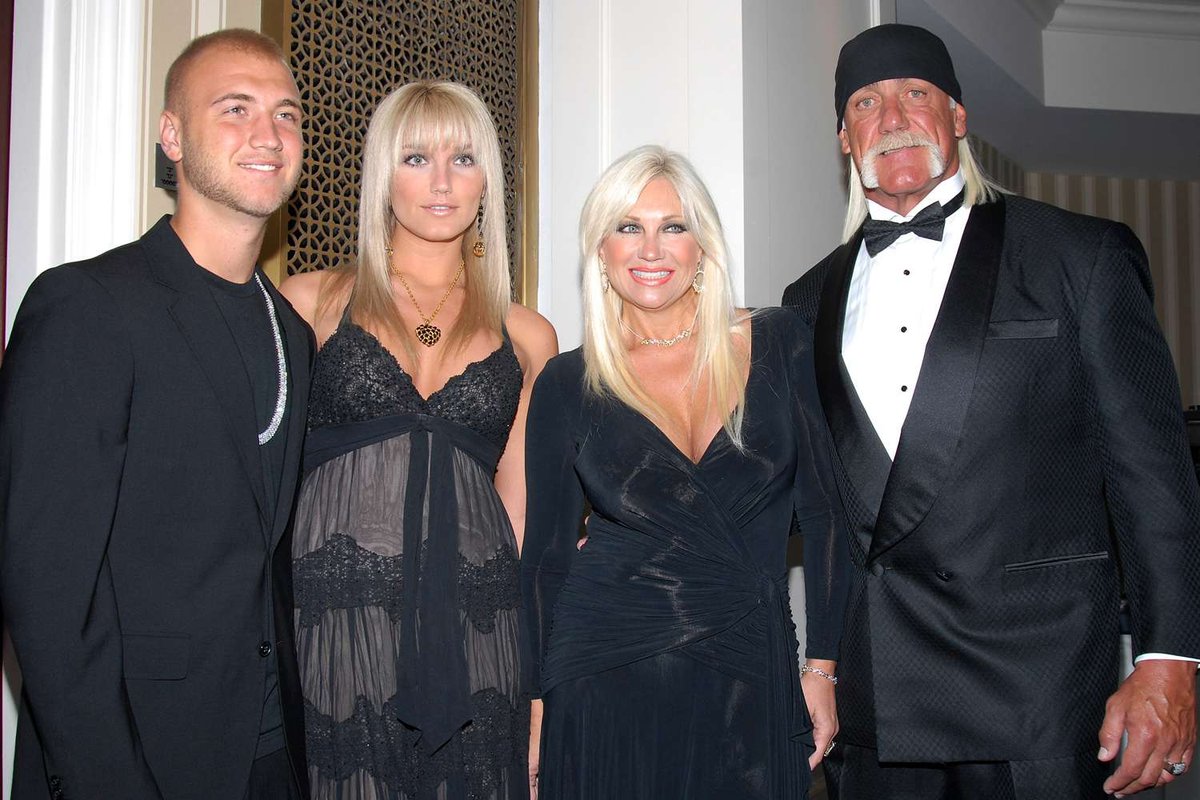Dick Van Dyke at 99: Unpacking the ‘Curse’ of Near-Century Living

Rigorous data-driven reporting and insightful analysis uncover the complexity behind Dick Van Dyke’s recent admission that turning 100 brings unexpected emotional costs. The veteran actor, celebrated for decades of stage, screen, and television triumphs, describes what he calls a “heartbreaking curse” tied to outliving loved ones and confronting isolation. Let’s examine the facts and context shaping this candid revelation.
At age 99, Dick Van Dyke ranks among a vanishingly small group: U.S. Census Bureau figures estimate fewer than 20,000 Americans reach centenarian status each year. Longevity experts from the National Institute on Aging note that surviving past 95 often correlates with both remarkable health advances and intensified psychological strain. Van Dyke’s own health record—marked by continued mobility, a daily exercise regimen, and no major hospitalizations since 2018—defies many age-related norms. Yet he acknowledges that few peers remain: his second wife, Arlene Silver, and long-time contemporaries Jackie Cooper and Christopher Plummer all passed before their 100th birthdays.
The actor’s term “curse” references not physical decline but the emotional toll of witnessing friends fade. Gerontological research published by AARP highlights a 60 percent increase in depression risk among adults who outlive their spouses. Van Dyke’s narrative echoes this trend, emphasizing that social loss can outweigh the benefits of extended lifespan. Unlike standard celebrity interviews focused on nostalgia or career highlights, this conversation zeroes in on the psychological dimensions of aging.
Beyond personal testimony, experts point to broader societal implications: the CDC reports that while life expectancy rose from 68 years in 1950 to nearly 78 years by 2019, mental health services for those 90 and older remain underfunded. Van Dyke advocates for strengthening community networks and targeted counseling for the oldest cohorts, underlining that longevity without quality connection breeds isolation. His candid remarks dovetail with policy debates on elder care funding—particularly as the U.S. population over 85 is projected to double by 2040.
Still active professionally, Van Dyke recently wrapped a cameo for a Netflix special and continues to rehearse choreography from his Broadway days. This juxtaposition—vibrant productivity versus inner sorrow—underscores the paradox of modern longevity. As researchers from Blue Zones Institute suggest, extending lifespan must be paired with emotional resilience strategies: group activities, intergenerational programs, and mental health screenings.
That concludes today’s in-depth analysis. Observing one of entertainment’s enduring icons confront the bittersweet side of near-century life offers a sobering reminder: adding years demands more than healthy bodies—it requires nourished spirits. Stay informed, stay critical, and follow the facts.
Sources: Celebrity Storm and People Magazine interview with Dick Van Dyke
National Institute on Aging reports
CDC life expectancy data
AARP gerontology research
Blue Zones Institute studies
Attribution: Creative Commons Licensed




